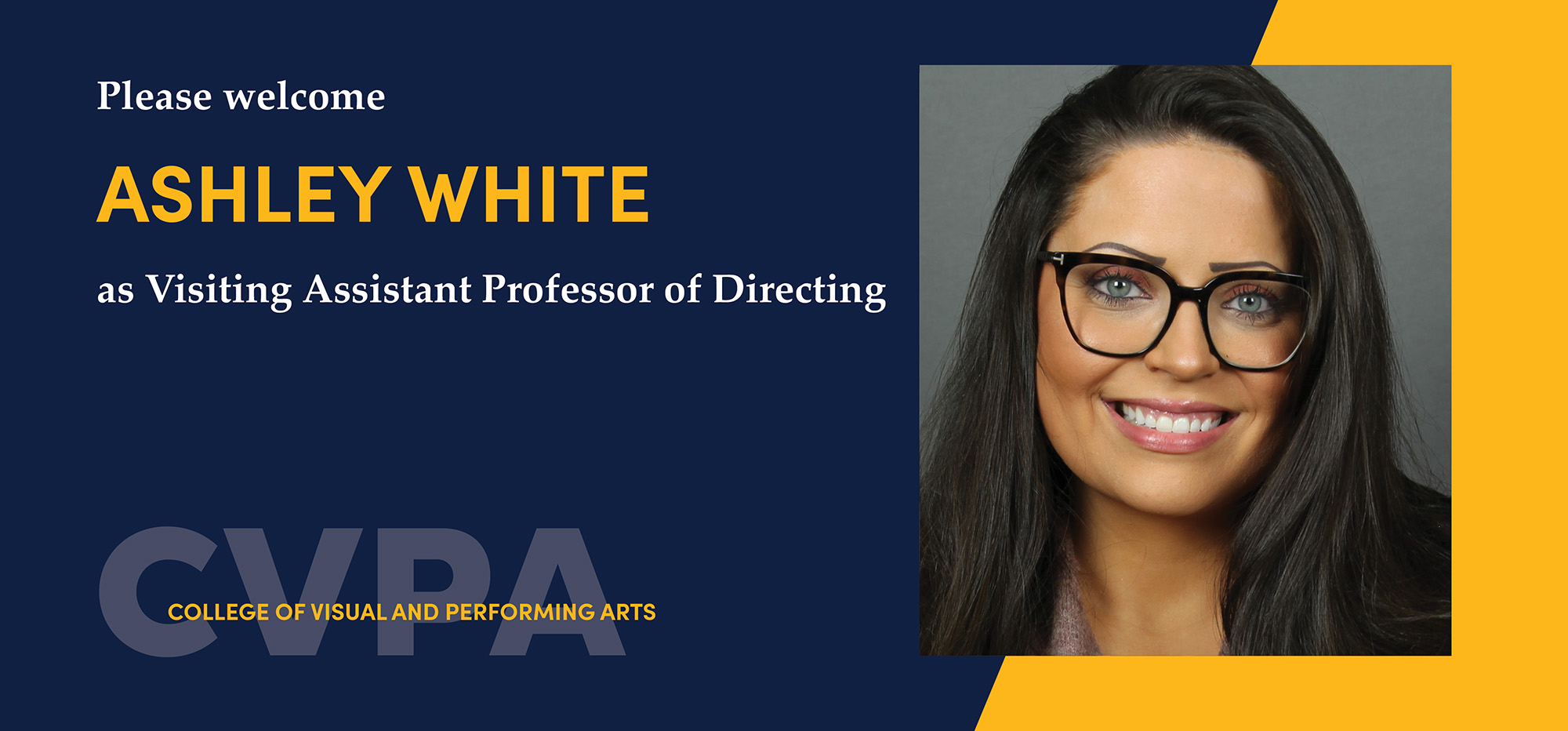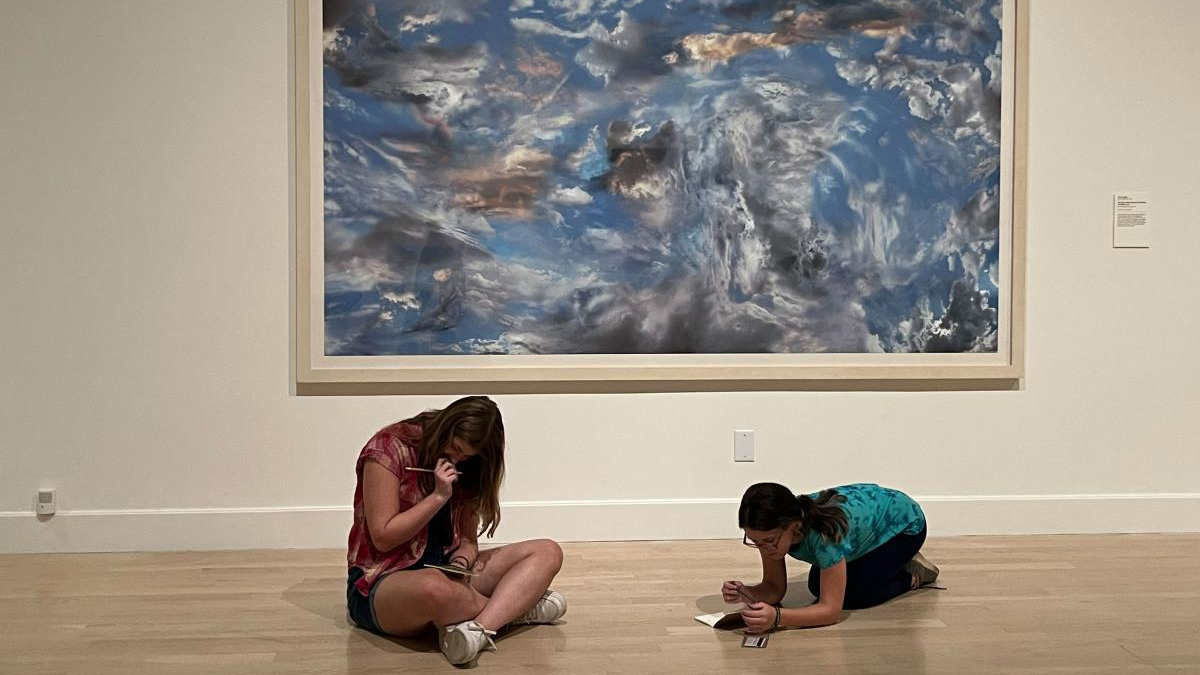ANTI-RACIST/BIAS STATEMENT
The School of Theatre acknowledges the mistakes we have made dealing with systemic racism, bias, and prejudice, much like the rest of America. We wholeheartedly believe in the following words of Ibram X. Kendi: “The opposite of racist isn’t ‘not racist.’ It is anti-racist.” To the School of Theatre, this means that we will educate our faculty, staff, and students about anti-racist practices. This looks like creating systemic change through workshops, continuing education, and professional development centered around anti-racist practices, theatrical intimacy, and bettering ourselves in service of our diverse and intersectional student body. This feels like educating and empowering our students, faculty, and staff to recognize and speak out against racism and damaging, outdated theatre practices. We are committed to this daily practice of unlearning, growth, and change.
ANTI-RACIST/BIAS ACTION PLAN: GUIDING PRINCIPLES
- Accessibility: We will ensure that our classrooms, performance spaces, and production materials are accessible to students and community members with disabilities and exceptionalities.
- Anti-racism: We are committed to rooting out the legacies of racism and white supremacy throughout our curriculum, production practices, and mindsets. Please refer to our full anti-racism statement for further information.
- Equity, diversity, and inclusion: We are committed to centering the needs of students of color, gender non-conforming students, students with exceptionalities, and other historically marginalized groups in our curriculum, production practices, season selection, and casting.
- Humanization: We will model humane policies and practices to affirm the value of student artists and protect their health and well-being.
- Respect: We affirm each student’s right to be treated with respect and dignity regardless of their gender, sexual orientation, race, socioeconomic status, or physical and mental ability. Furthermore, while having one’s viewpoints, opinions, and beliefs challenged is a core tenet of higher education, all members of the community, including faculty, staff, and students, commit to doing so with empathy and attentiveness to the difference between one’s intention and subsequent impact.






